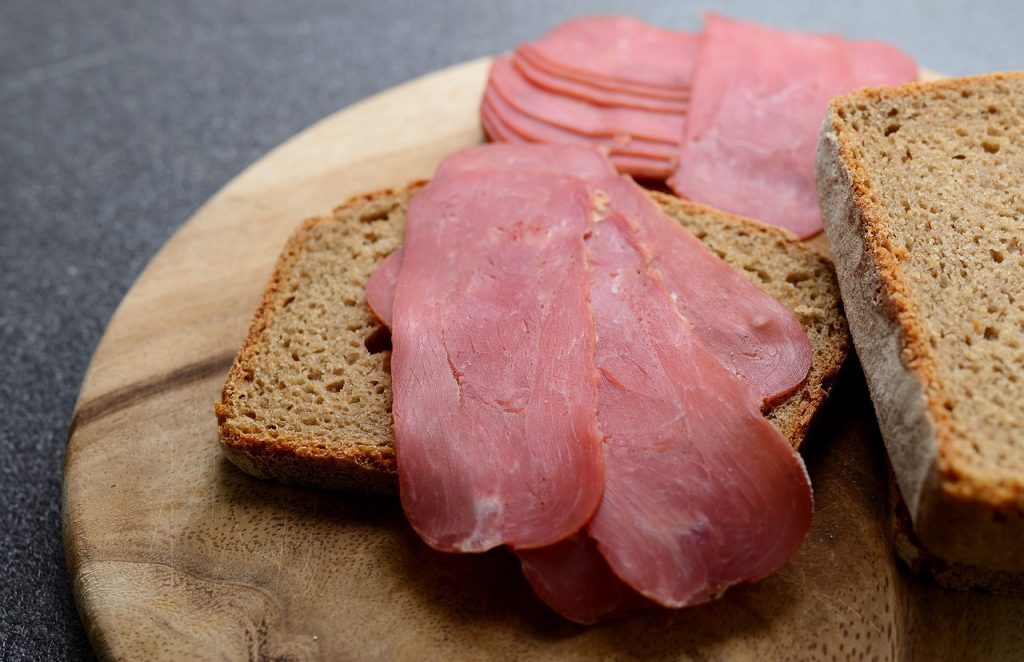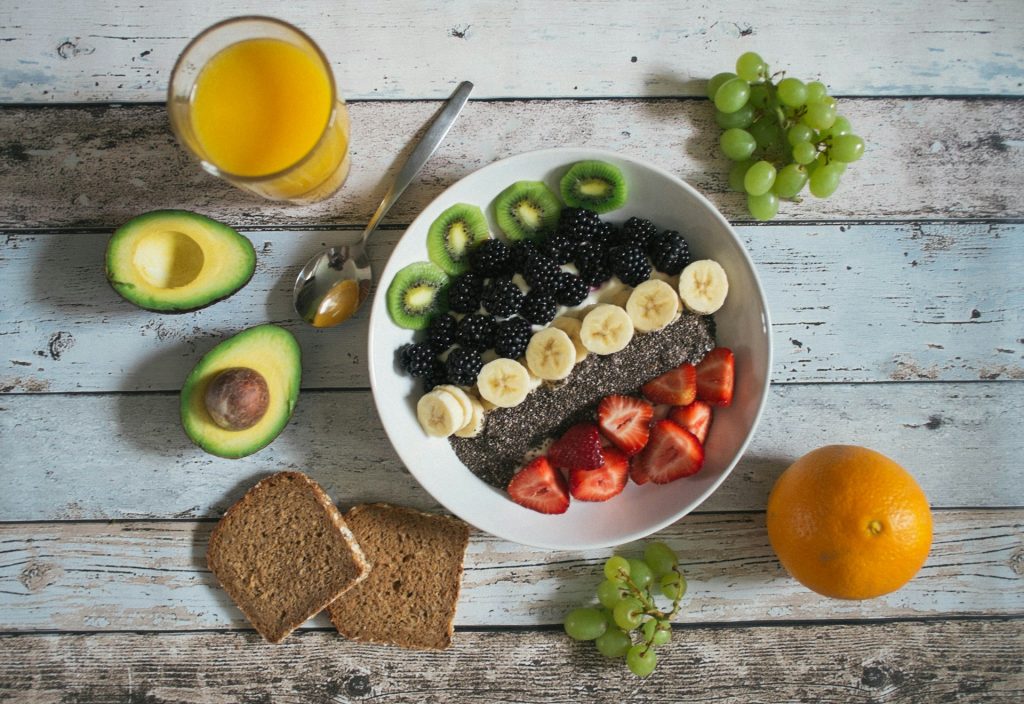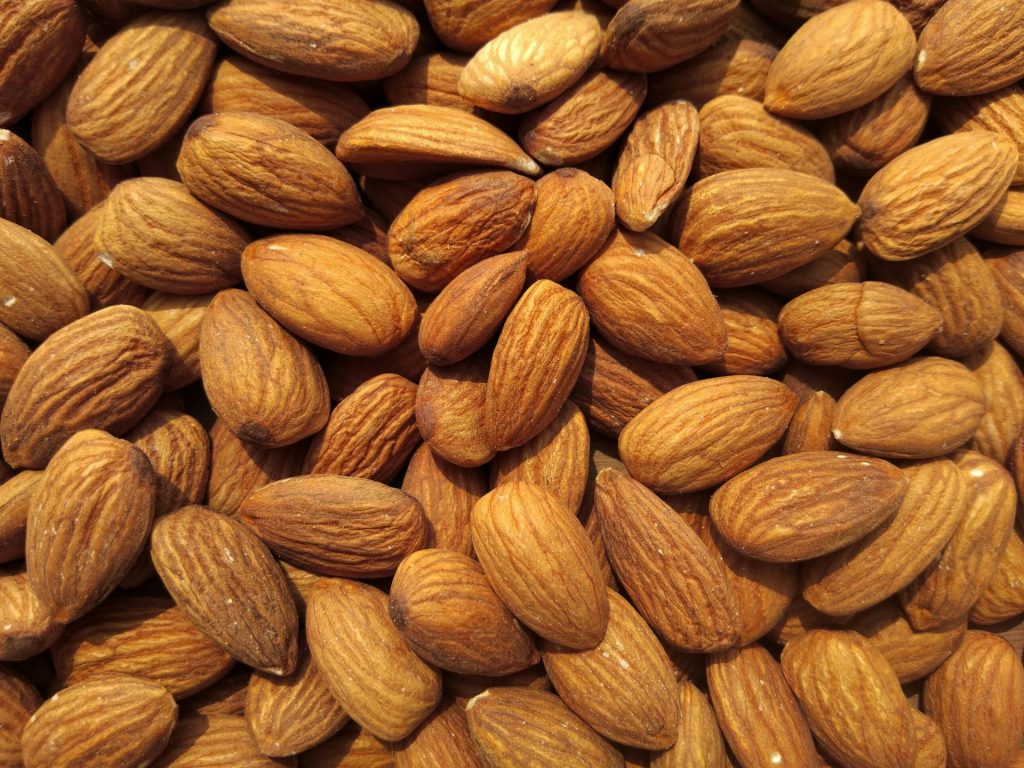What is Malnutrition?
Carbohydrates (various sugars collectively), fats, proteins, water, inorganic salts, vitamins, and trace elements are the seven essential nutrients required by the human body, obtained through daily diet. If one eats too little, or eats in an unbalanced manner, leading to insufficient or excessive intake of these nutrients, or imbalance in proportions, it can easily lead to malnutrition, resulting in symptoms such as emaciation, dizziness, fatigue, lethargy, edema, susceptibility to colds, anemia, etc. Malnutrition can lead to a decline in bodily functions, leading to conditions such as recurrent infections, repeated hospitalizations, slow wound healing, and prolonged hospital stays, increasing the risk of weakness, disability, and death in the elderly.

How can the Elderly Ensure Nutrition?
Ensure Adequate Energy Supply
Carbohydrates, fats, and proteins in food are the three main sources of energy.
Elderly individuals generally require 20-30 kilocalories per kilogram of body weight daily, adjusted according to their individual consumption levels.
Carbohydrates should account for 50%-60% of the total energy intake.
Fats should account for 20%-30% of the total energy intake.
Proteins should account for 10%-20% of the total energy intake.
Adequate daily water intake is also essential for maintaining metabolism, with a recommended intake of 30 milliliters per kilogram of body weight per day.

Ensure Adequate Protein Intake
As elderly individuals experience a decline in bodily functions, they particularly need high-quality protein to maintain body functions (such as protein being an important “raw material” for muscle growth). It is advisable to supplement with 1.0-1.5 grams per kilogram of body weight per day, primarily from whey protein, casein protein, and soy protein. Elderly individuals are recommended to supplement protein through dairy products, eggs, fish, and meat.


Rich in Vegetables, Fruits, and a Certain Amount of Dried Fruits
These foods are rich in vitamins and dietary fiber. It is recommended that elderly individuals consume 25-30 grams of dietary fiber daily, but not excessively.



